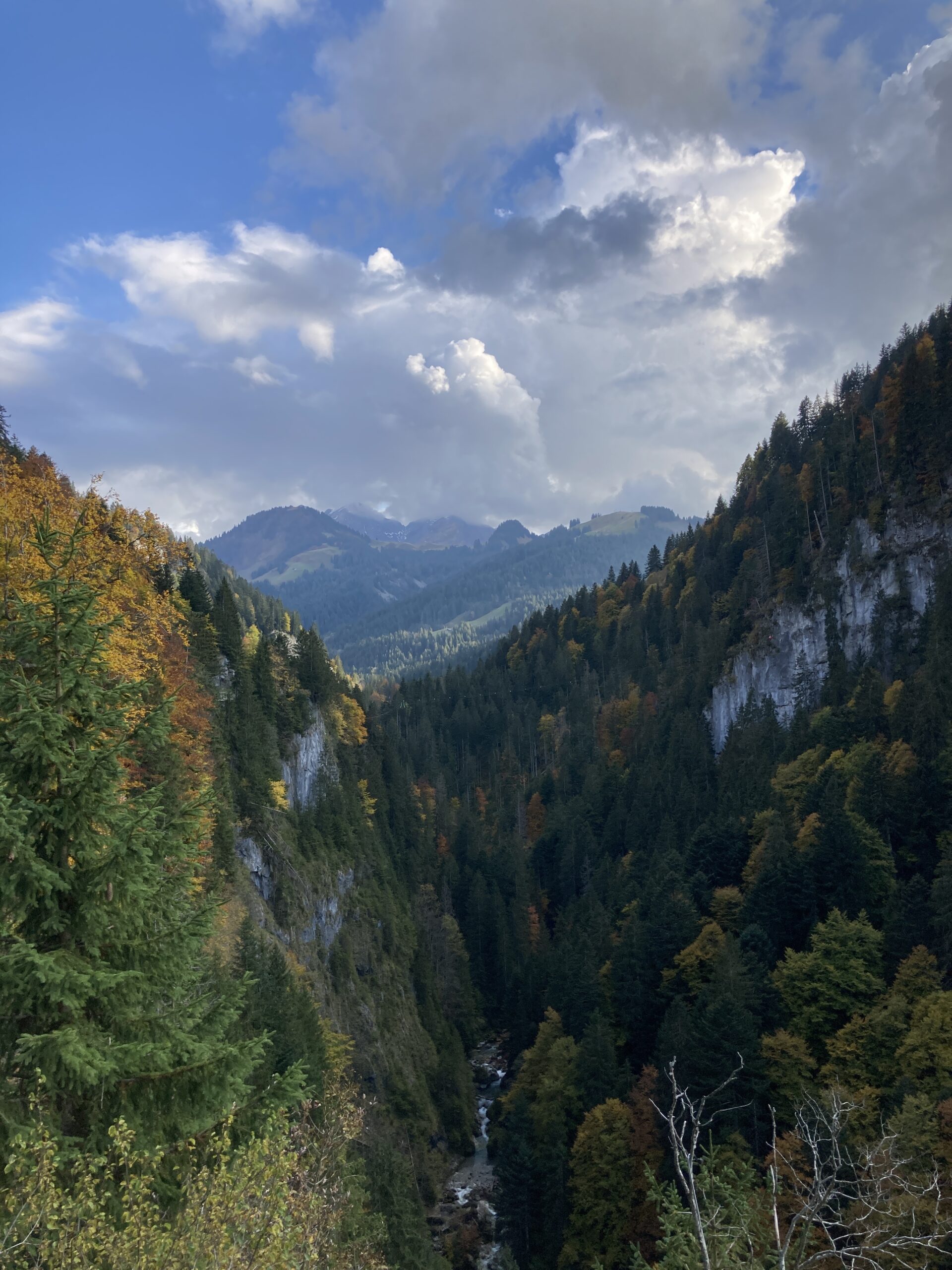Outdoor education international week 2023

Château d’Oex (switzerland), septembre 25-29 2023
Interest in outdoor teaching and education is ever growing in the education community. This teaching method has deep roots in education history and developed in rich and varied ways in different regions, cultures and school systems.
Opening up classrooms to outside spaces, be they natural or not, brings teacher training methods into question. Indeed, aptitudes and capacities required of education professionals for outdoor teaching and education differ in part from the skills needed for indoor teaching.
Moreover, the current socio-ecological crisis and the emergence of concepts such as the Anthropocene also change the relationship between didactic aims and the environment. The increasing complexity and continued uncertainty of this new context forces teacher training institutions to reconsider their accepted models.
In autumn 2023, the University of Teacher Education of the Canton of Vaud (HEP Vaud) organises in the Swiss Alps an international academic study-week to share training practices and discuss futures in training for outdoor teaching and education.
